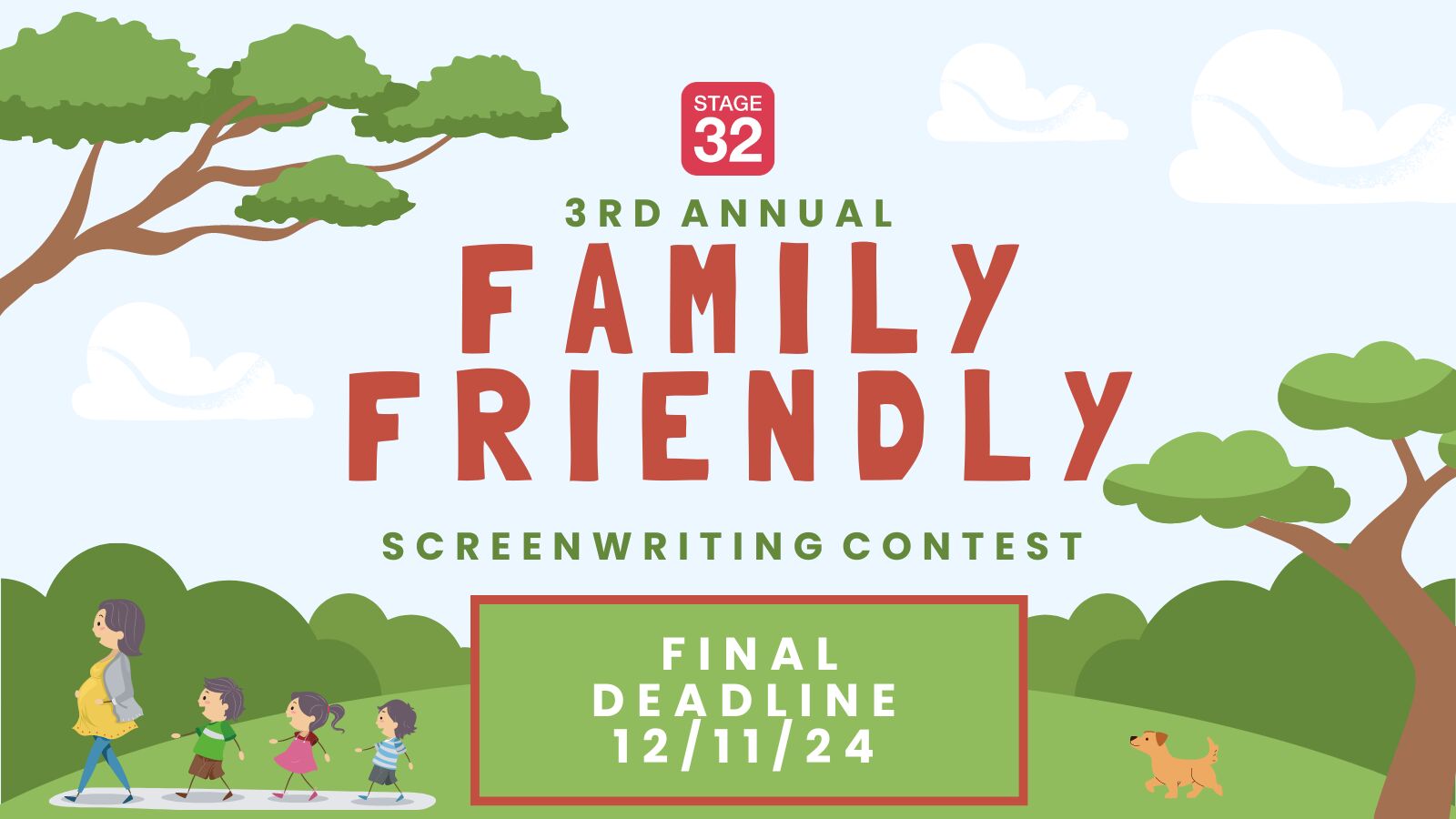A couple of years ago I had a script reader read one of my scripts, the script was 139 pages. The script reader said it was a great story with good plot and good twists, and gave me a score of 7.0 with a consider. However, they hinted at a higher score would have been given if some characters were reduced and was 120 pages less. My question is, how do you know what to reduce without hurting the heart of the story?



2 people like this
That's a good question. I've struggled with the same thing, and I've had plenty of readers give me similar feedback. I learned that you have to figure out if a scene or character adds anything new or important to the story. If not, it likely means you should get rid of it.
1 person likes this
Thanks I appreciate it, that's something I'll defiantly look at trying to eliminate.
2 people like this
Hey Matthew, what I try to do is figure out the essence of what the story is about. What does the protagonist want and what do you ultimately want to say. If a scene, or a character, or even a line of dialog doesn't lead the story to that core idea, then it's superfluous.
2 people like this
Look at the function a character serves. Are they their other characters that carry out that function. For example, do two characters call the man character’s skills into question? Make that a single character.
Are there scenes that only have an outcome. Roll all these scenes together.
Are there locations that could be reused. Less locations need less introduction and are cheaper for production which is a bonus.
2 people like this
You can consider even the emaller moments. Just a line of sialogue or two in a scene could be cut without changing the characters or plot. Those can add up and get rid over several pages in the end.
4 people like this
If you can delete a scene or a character and the story doesn't suffer, it needs to go. If someone else can speak the line and the story still flows, they should. If one character can fill the role of two or three characters without leaving holes in the story, compress them down into one character. And my personal favorite...when a second or third string character has completed their task and is no longer needed, kill 'em off. But do it with style. LOL
5 people like this
It's impossible to say what you need to cut out. In some cases, it's just a case of too many words, in others it can be a case of too much story.
Sometimes you just have to be brutal too, and cut out something good because there's simply not enough room. The indie scene is tough because most sales agents don't want anything longer than 90mins. You have to make sacrifices and live with it.
4 people like this
Im old but I never heard of anyone making movies for a living grade scripts with number scale. Either ppl believe in your concept & want to spend xxx years of their time making it or they dont.
5 people like this
Matthew McMahon I'm with Dan on this one. Either they want to do it, or they don't. And Willem makes a valid point. On another note, 139 pages is long!! I think nowadays 80-90 pages max is plenty. But, don't let me or anyone else dictate what you want to do. Trust your gut!
2 people like this
Hi Matthew. I had the same issue with one of my sci-fi specs: 132 pages at the end of first draft. Then I had a fire-sale on the exposition/dialogue and truly unnecessary characters (I loved 'em, but if the story remains the same with or without, maybe they take a dive into the circular file ;-) and nibbled it down to 109 pages. Yowsa! This allowed more pages to better develop important scenes and backstory that were missing. Namesake, Matt.
2 people like this
I want to thank you to everyone who gave their suggestions, you all made great points and I greatly appreciate all of them. I think I might have fallen in love with some of the characters and scenes too much, I'm going to take a step back and be brutally honest what moves the story forward and what doesn't. Thank you again.
4 people like this
I find it really helpful to look at each scene and figure out what its purpose is (is it exposition or is it driving the plot forward) and what has changed after the scene has ended. Also just going through tightening up dialogue and description can shave off so many pages before you have to cut any scenes. For example I had a line:
"How are we gonna do this Spence? Easy way or hard way?"
And the second part of that line just repeats the idea from the first part of the line, cutting it to:
"How are we gonna do this Spence?"
And immediately that moment felt stronger and I had lost a whole line's worth of space on the page.
Good luck!
4 people like this
You need to figure out which parts of your story are most important. Good luck.